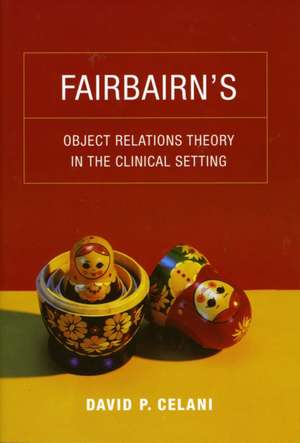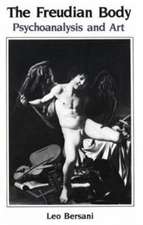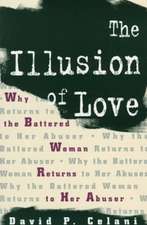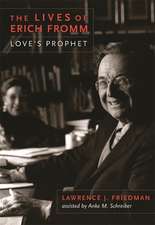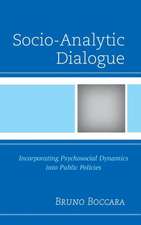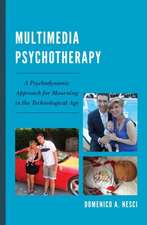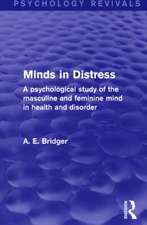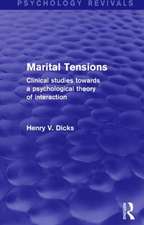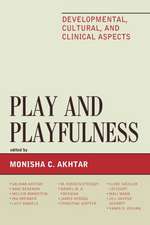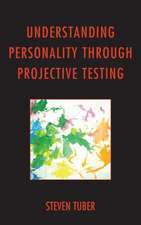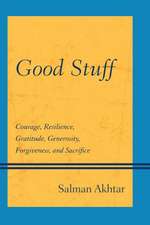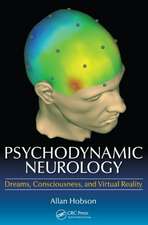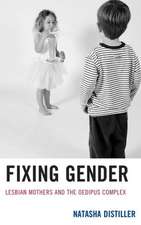Fairbairn′s Object Relations Theory in the Clinical Setting
Autor David Celanien Limba Engleză Paperback – 19 apr 2010
Attachment is paramount in Fairbairn's model, as he recognized that children are absolutely and unconditionally dependent on their parents. Kidnapped children who remain attached to their abusive captors despite opportunities to escape illustrate this intense dependency, even into adolescence. At the heart of Fairbairn's model is a structural theory that organizes actual relational events into three self-and-object pairs: one conscious pair (the central ego, which relates exclusively to the ideal object in the external world) and two mostly unconscious pairs (the child's antilibidinal ego, which relates exclusively to the rejecting parts of the object, and the child's libidinal ego, which relates exclusively to the exciting parts of the object). The two dissociated self-and-object pairs remain in the unconscious but can emerge and suddenly take over the individual's central ego. When they emerge, the "other" is misperceived as either an exciting or a rejecting object, thus turning these internal structures into a source of transferences and reenactments. Fairbairn's central defense mechanism, splitting, is the fast shift from central ego dominance to either the libidinal ego or the antilibidinal ego-a near perfect model of the borderline personality disorder.
In this book, David Celani reviews Fairbairn's five foundational papers and outlines their application in the clinical setting. He discusses the four unconscious structures and offers the clinician concrete suggestions on how to recognize and respond to them effectively in the heat of the clinical interview. Incorporating decades of experience into his analysis, Celani emphasizes the internalization of the therapist as a new "good" object and devotes entire sections to the treatment of histrionic, obsessive, and borderline personality disorders.
Preț: 265.58 lei
Nou
Puncte Express: 398
Preț estimativ în valută:
50.83€ • 52.80$ • 42.22£
50.83€ • 52.80$ • 42.22£
Carte disponibilă
Livrare economică 13-27 ianuarie 25
Livrare express 27 decembrie 24 - 02 ianuarie 25 pentru 30.18 lei
Preluare comenzi: 021 569.72.76
Specificații
ISBN-13: 9780231149075
ISBN-10: 0231149077
Pagini: 272
Dimensiuni: 152 x 227 x 18 mm
Greutate: 0.34 kg
Editura: Columbia University Press
ISBN-10: 0231149077
Pagini: 272
Dimensiuni: 152 x 227 x 18 mm
Greutate: 0.34 kg
Editura: Columbia University Press
Notă biografică
Cuprins
Introduction
1. Fairbairn's Intellectual Development and a Review of His Early Papers
2. Fairbairn's Structural Model and His Radical Approach to Psychoanalytic Treatment
3. The Dynamic Relationships Between the Pathological Ego Structures
4. A Fairbairnian Approach to the Therapeutic Relationship
5. Working with the Borderline Patient and the Battered Woman
6. A Structural Analysis of Obsessional and Histrionic Disorders
7. The Legacy of Fairbairn's Contribution to Psychoanalysis
References
Index
1. Fairbairn's Intellectual Development and a Review of His Early Papers
2. Fairbairn's Structural Model and His Radical Approach to Psychoanalytic Treatment
3. The Dynamic Relationships Between the Pathological Ego Structures
4. A Fairbairnian Approach to the Therapeutic Relationship
5. Working with the Borderline Patient and the Battered Woman
6. A Structural Analysis of Obsessional and Histrionic Disorders
7. The Legacy of Fairbairn's Contribution to Psychoanalysis
References
Index
